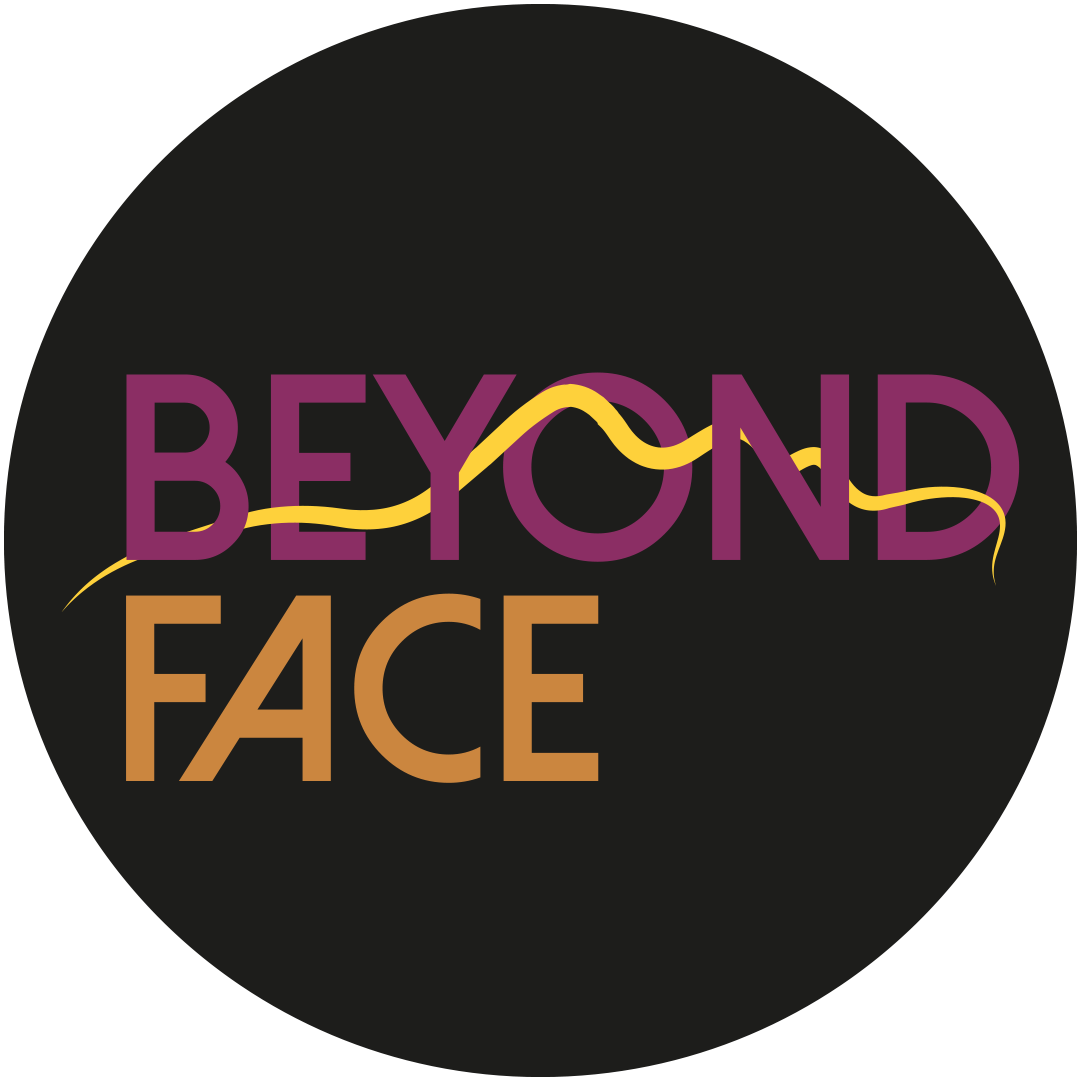How Sitting in the Grey explores our hesitation to act in the face of injustice
Currently, we are in rehearsals for our upcoming production, Sitting in the Grey. The script has developed since its last public performance and draws upon poignant topics of the bystander effect and adult/young people dynamics.
But, what is the bystander effect? As defined by Psychology Today, “The bystander effect occurs when the presence of others discourages an individual from intervening in an emergency situation, against a bully, or during an assault or other crime. The greater the number of bystanders, the less likely it is for any one of them to provide help to a person in distress.” In such situations, alongside freezing out of shock or fear for our own safety, we often feel a lack of personal responsibility because there are other people witnessing the same thing who could act. Equally, when people do not act, the individual observing other people’s behaviour is likely to do the same as them. This creates a community of passive bystanders in a society where we need to be proactive to call out injustices.
Sitting in the Grey explores the emotional toll of the bystander effect, both to the bystander, the person who isn’t helped and the wider community. It allows us to reflect on the reverberations of our decisions when we idly ignore calls for help.
The play’s voice calling for justice is that of teenager Ashlee. Whilst she, like all of us, is exploring a deeper understanding of what words such as “climate justice” mean and how she can help, she has more of a progressive and well-contemplated approach to life than that of Adult. Progressive and contemplation are perhaps words often associated with adults rather than teenagers, and due to this, adults often don’t look to younger people for wisdom. The dynamics between adults and teens can be frustrating for both, neither feeling like they’re being heard. However, the imbalance definitely leans heavier on the voice of young people being suppressed. Sitting in the Grey explores these frustrations, especially those of the global majority. However, Writer and Director Alix Harris was also conscious of the burden placed on global majority, young people, to educate their peers and teachers, particularly around issues to do with race. Sitting in the Grey opens a window into the fatigue linked with this alongside the positive impact giving someone room to speak and be heard has. It’s vital to listen to the voices of younger generations, not just because they’re future leaders, teachers or caretakers, but simply because their experiences are valuable and important. Each of our reflections leave a footprint of what it meant to exist in our world at this point in time. And each of our reflections can help others, of all ages, move past barriers they’re facing in their life.

